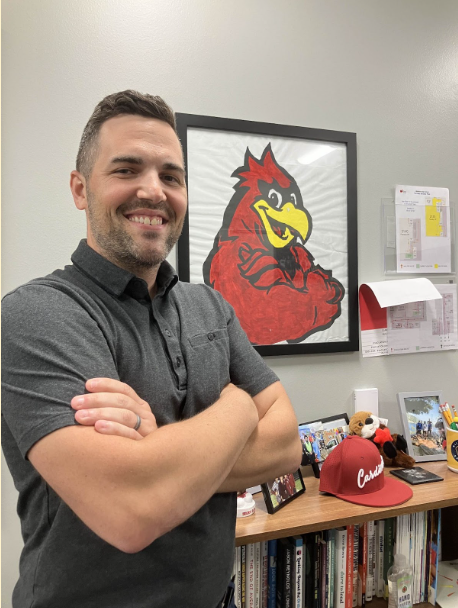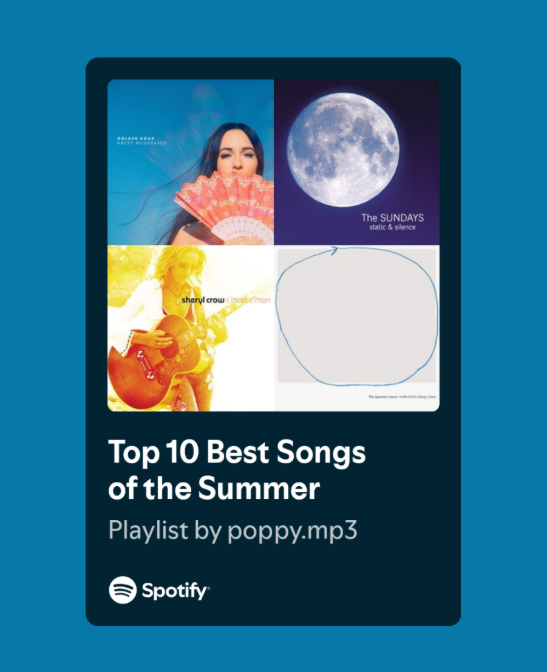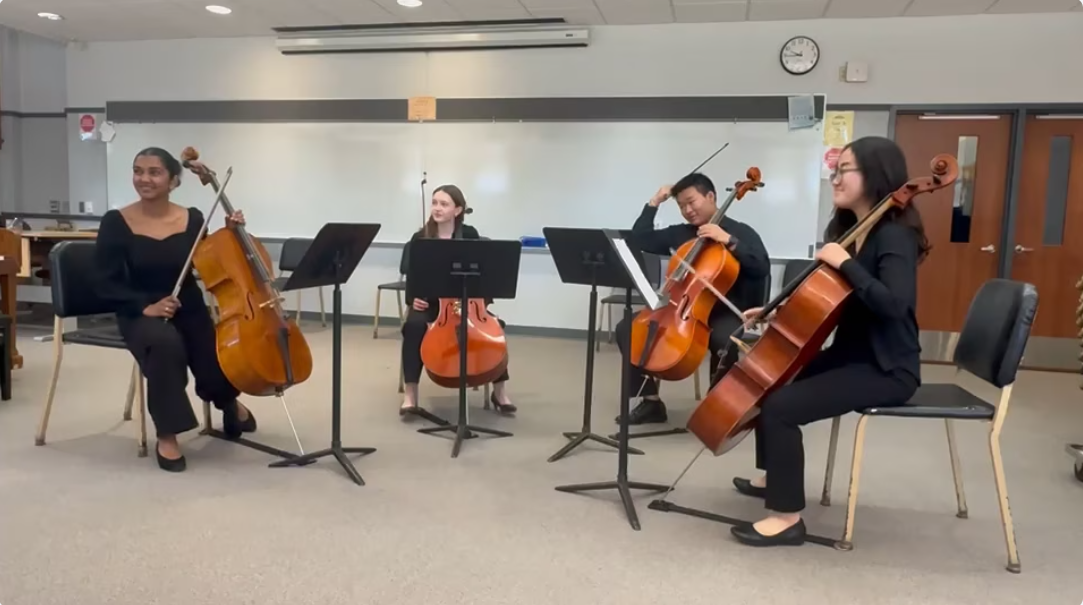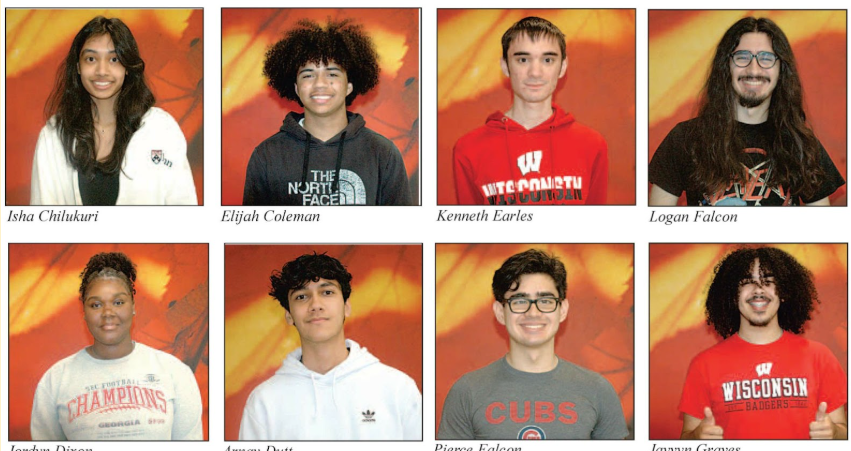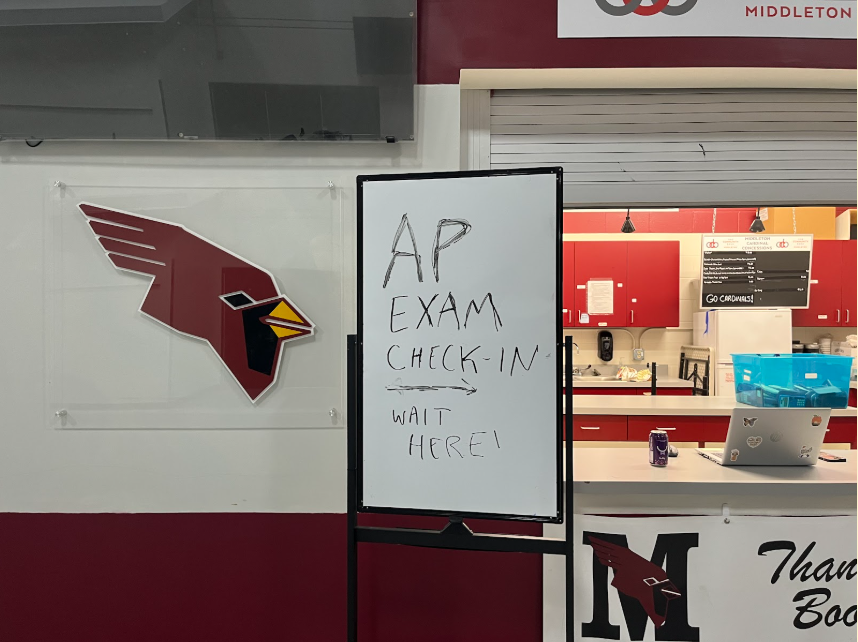An Interview with a Wisconsin Radical
William Walter, 27, served as a national delegate representing Senator Bernie Sanders at the 2020 Democratic National Convention, which was held virtually. Today, he works as a Milwaukee hub coordinator for the Movement for a People’s Party.
December 20, 2020
William Walter is the coordinator of the Milwaukee Hub of the Movement for a People’s Party. Over the summer, he served the 5th Congressional District of Wisconsin as a national delegate representing Senator Bernie Sanders at the 2020 Democratic National Convention, which was to be held in Milwaukee until it was moved online due to the COVID-19 pandemic. Walter is also the Youth Outreach Organizer for Grassroots Germantown, a group of progressive organizations working for social, economic, and racial justice; affordable health care; immigration reform; gun violence protection; women’s rights; and against ecological destruction and climate change.
The Movement for a People’s Party (MPP) began in 2016 as a campaign to establish a major new populist political party free from corporate influence. The Movement’s plan and platform may be found on its website: peoplesparty.org.
In the following interview with Walter, conducted over the internet and edited for length and clarity, we discuss his political activities and views, as well as the Movement, its goals, and how to become involved.
What are your recent political activities?
I’m 27 years old, and I was a 2020 national delegate representing Senator Bernie Sanders at this year’s [Democratic National] convention in Milwaukee, Wisconsin. I was very disappointed that the convention was held all-virtual, but I completely agree with the necessity for it. Had we better handled the pandemic in the early days, perhaps we could have held the convention in person.
A convention in a city like Milwaukee injected hundreds of millions of dollars directly into the local economy (that’s not even considering that the Milwaukee Bucks are finally good). And I don’t think the Democratic Party chose us by accident: we’re famously one of the most segregated cities in the country, and we’re in the middle of one of the largest social justice movements in American history, one which has been a long time coming. So to showcase that there are still places like Milwaukee where these problems starkly exist would have been a good opportunity for the Democrats to return to their old position as the party of the working class.
But we didn’t handle the pandemic the way we should have, and we had to go virtual. I think in the end, the Democratic Party was … I don’t want to say happy about this—but if you look at Nevada in 2016 (1), some of the Bernie delegates were rightfully unhappy with how they were treated, and I think we would have seen something similar at this convention, some civil disobedience. It’s a lot harder to organize when the convention takes place online.
We actually held a protest on the final day of the convention in honor of the victims of police violence that we’ve seen in Milwaukee in particular. We marched around the convention center, but were not allowed inside, even as delegates.

The week before the convention, we held a peace billboard initiative, where we put up a large billboard about a block
away from the center stating that 3% of U.S. military spending could end world hunger. That message is not specific to 2020; it would have applied in 2005, 1995, 1970, 1960. It is an American problem. Our military eats money year after year, and for the wealthiest country in human history to fail to afford the safety nets other countries provide their citizens is embarrassing; we wanted to point that out.
Since then I have done a lot of work with the Movement for a People’s Party (MPP) in Milwaukee, along with Mike [Kubiak] (2). I am the Youth Outreach Organizer for Grassroots Germantown, which is a progressive organization in Germantown, where I was born and raised and still reside.
What needs to change in electoral politics and in the broader social sphere to make it possible for the People’s Party to succeed in providing a major, shared political platform for all people?
I think most agree that Americans are more divided now than ever. The chasm of party lines has grown, but so has racial agitation and hatred towards the LGBTQ community. It is a sad comment on modern America that the ultra-rich have helped to divide working-class people along issues that should not matter. It should not matter your skin color, your ethnicity, your sexual orientation, your political ideology; none of these are reasons to hate fellow Americans.
What we’re trying to do with the People’s Party is to start from the ideological perspective of a party without the influence of corporate money — we are funded by you, me, small-dollar donations from all over the country. People who don’t have hundreds of millions of dollars to throw away, who just want to improve life for their communities. We want a party that runs on policies, not rhetoric.
The American duopoly has forced us to vote for the candidate we dislike less, rather than the one we like more. There really is no major opposition party, no party that stands for the working class. Both parties cater to the same corporate donations. There are the “politically correct” Republicans and the Republicans — two wings of the same bird, but both on one side: which means the bird is spinning in circles. And that is what a lot of our electoral politics has been. After [George W.] Bush, for example, it was hard to believe there would ever be another Republican president. Yet somehow Donald Trump won. Why was that? Because Barack Obama campaigned on hope and fundamental change and didn’t solve any underlying issues. That left many Americans disillusioned with the system. We’re in a similar situation now: if Joe Biden doesn’t solve any systemic issues, he may just set the stage for a competent fascist in 2024. We deserve an alternative, and now is the time to work. We must use our collective power as the American workforce, as American citizens. This is something the People’s Party works to convey.
What does organizing look like in the time of COVID-19, and, in particular, how do you reach out to rural Wisconsin residents?
City hubs are the largest bases of the movement now. We are definitely working on expanding into rural areas, it’s just a little more difficult to organize because of COVID-19. You can put fliers online, ask people to bring their friends to meetings. We meet every other Friday, and we see such a wide variety of people who are able to provide their expertise. This is important because the party leadership doesn’t represent everyone; focus groups can only be so accurate, and you need to talk to individuals on the ground to find out what is important to them.
My friends, my generation, can seldom afford to take time out of their schedules — they can barely afford their rent. But right now, building a movement, we simply need people who agree with the ideology. A movement grows from one person, then two; as more people start to see that there could be alternatives, that groups are working for a better future for us all, the ideas should win. Exit polls have shown that 72% of Republicans favor a single-payer system (3). A Green New Deal, marijuana legalization: these ideas are popular, and neither party supports them — why? Because such policies hurt the bottom line of the corporate donors who benefit from the system as it is. That is a government that works for the oligarchy, not for the people. This needs to end if America wants to thrive as the leader of the free world it claims to be.
To whom or to what movements or moments do you look for information and inspiration?
Bernie Sanders is an example of a politician who has been in the game for thirty to forty years. From Citizens United (4) to the invasion of Iraq, you can find speeches Bernie Sanders gave explaining why many disasters of American policy were bad ideas. He has been on the side of workers for ages, and that’s why large media outlets hate him. Sadly, too much of the American population is focused on these few outlets, because many do not have time to seek out other sources, and some do not care about politics. But bosses, chairmen, the people in charge—they care about politics. And they can control politics by manipulating laws and regulations to be harder to understand and therefore to change. So it is important to care.
I look towards politicians who make clear that they cannot be bought, and that they will fight for their constituents — the people who elected them. I don’t think many of these politicians exist. And they all have flaws: I would not say Bernie or [Alexandria Ocasio-Cortez] is perfect. They’re not; they’re human beings. But if you want to compare AOC to Marjorie Taylor [Greene], who was just elected in Georgia — browse her Twitter for a bit, and tell me that that’s a person you believe represents all Americans. It’s easy to lose faith, but that’s what the system wants. If it can keep you crushed and unwilling to fight back, you will accept your role in the machine. This is for everyone to figure out on their own — to ask themselves if they want a better world for their families, their communities.
It is not my place to tell people how to act. But the point we in the Movement have been trying to make is that the status quo was not, is not, never will be good enough. America has a lot of growing to do. Our treatment of marginalized communities, the poor in particular, is grotesque. You would think people who claim to be patriotic Americans would want a country that we could all be proud to call home. That’s what motivates me: if we all can put aside our unimportant differences (5), we can create this world that is incredibly enjoyable for all Americans. Once that is established, we can set out to make a better world for the planet.
What would you like to say to young people?
You’re never too young to get involved. Power is never freely given. We as Americans can make this country a better country for all of us; but it won’t happen overnight, and it won’t happen by chance. Be loud, be passionate, be active both on the streets and on the Web. Make your voices heard. Young people don’t have a great say in American politics — look at Congress right now. I believe the average age of a Senator is 62 and the average age of a House Rep. is 57 (6). Well, the average age of an American is 37 (7). So, as a demographic, young people are severely underrepresented. And you have a lot of valuable things to say. Register! Join us! How can you help us to make a better world, and how can we help realize your ideas and methods for improving society? I think MPP is the vessel both of the youth and of people who are sick of an economy revolving around the wealthy, white elite. We want an economy that revolves around all of us.
~
More information about the Movement for a People’s Party can be found on its website, peoplesparty.org, and its YouTube channel.
Footnotes:
- During the 2016 Nevada state Democratic convention, there was unrest among Bernie Sanders supporters, who pushed for changes to voice vote procedure, demanded a recount of delegates, and refused to concede to a final count.
- Mike Kubiak is the second coordinator for the Milwaukee hub of MPP.
- This statistic most likely refers to millennial Republicans (of whom, according to a 2019 Pew Research Center report, 71% favor marijuana legalization). The same report finds that only 55% of all Republicans favor legalization.
- Citizens United v. FEC (Federal Elections Commission): a 2010 Supreme Court decision which ruled that restrictions on corporate funding of independent political broadcasts during election periods violates First Amendment rights (FEC).
- Our brief ensuing discussion about difference is not included here. Further reading about the creative power of difference.
- According to the Congressional Research Service, the average age of House Representatives at the start of the 115th Congress was 57.8 years; and the average age of Senators was 61.8 years—among the oldest Congresses in U.S. history.
- As of 2020, the median age of Americans across the entire United States is 38.2 years (World Population Review). Median age varies widely by state. It may be important to note that these statistics do not indicate age distribution.






